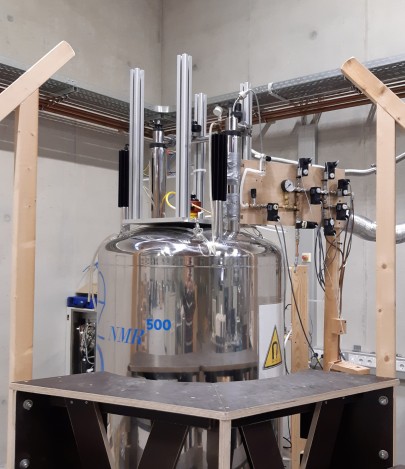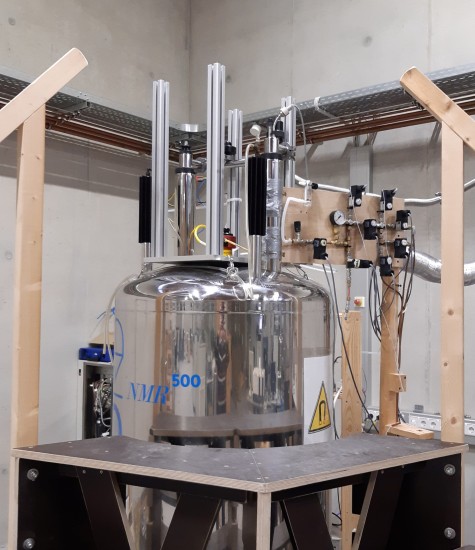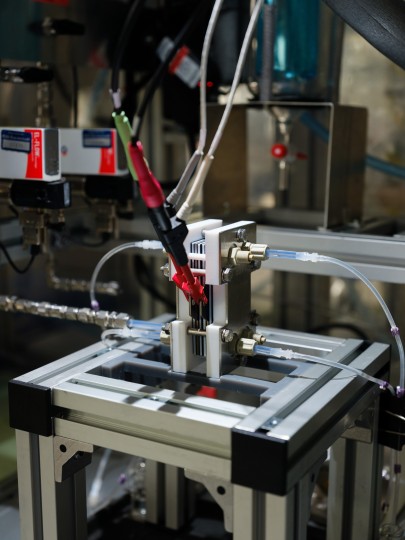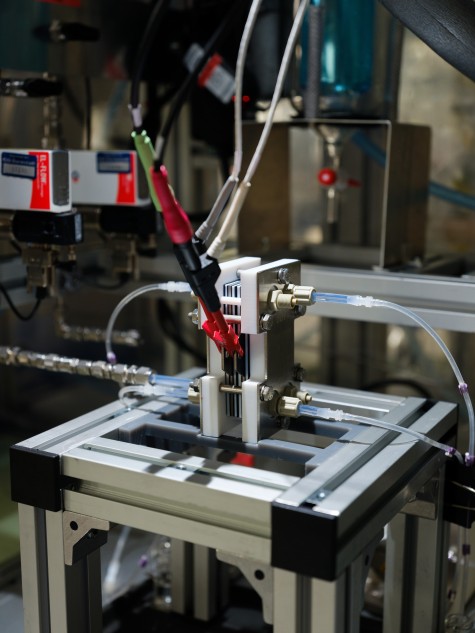Sustainable Catalysis – From Knowledge-Based Concepts to Processes
Catalysts and catalytic processes are essential for our society and industrial production. With the challenges associated with a sustainable future all aspects of economy, environment and society have to be addressed. Thus, a sustainable energy sector and closed production circles within a circular economy are key elements that can only be achieved by catalytic processes to enable high energy and feedstock efficiency. To ensure a truly sustainable future energy and industry sector, these catalysts and processes must also be designed based on sustainability aspects. The use of critical resources must be minimized or ideally completely substituted, and the recycling of catalyst components must be considered. The new (electro-)catalytic processes must be designed to be tolerant, e.g., to feedstock or energy fluctuations in quantity and quality, and to be powered with renewable energy.
Highly active, selective, stable, and, at the same time, sustainable catalysts and highly efficient processes are developed within the research area Sustainable Catalysis. It aims for advancements and innovations in this field building on knowledge-based concepts, that rely on an understanding of fundamental single phenomena, structure-performance relationships as well as on the complex coupling and synergistic multiple phenomena and under technically relevant conditions.
The fields of homogeneous and heterogeneous catalysis are studied considering synergies also at the interface. These are based on insights obtained on similar active centers and by using model compounds of different dimensionality. The collaborative research foots on a great expertise in materials synthesis, in-depth ex-situ, in-situ and operando characterization, quantum chemical calculations, chemical reaction engineering, process simulation, as well as catalytic testing. The joined research efforts provides a unique interdisciplinary environment and an ideal breeding ground for synergistic effects within Sustainable Catalysis.






